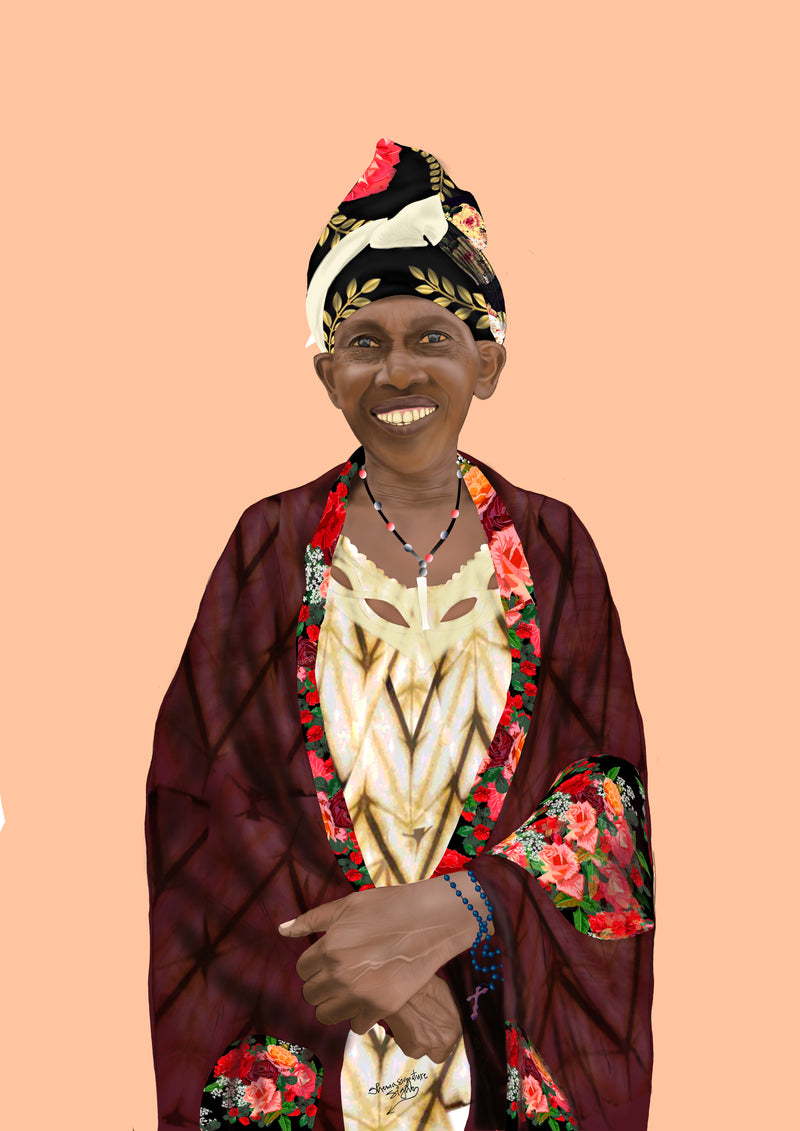We prioritize the use of premium quality fabrics in our styles to ensure long-lasting beauty and durability. When sourcing new materials, our main focus is on selecting superior and innovative options. We are committed to using materials that are free of toxins, produced ethically, and do not harm the environment or living creatures. By choosing the highest quality fabrics, we aim to provide products that stand the test of time while maintaining our commitment to sustainability and responsible manufacturing practices.
Organic Cotton
Organic cotton is cotton that is grown using methods and materials that have a low impact on the environment. Organic cotton is typically grown without the use of synthetic pesticides and fertilizers, genetically modified organisms (GMOs), or irradiation. Instead, organic cotton farmers use methods such as crop rotation, hand weeding, and natural pest control to maintain the health of their crops. Organic cotton is also often grown using methods that conserve water and protect soil health. The cotton fibers produced by organic cotton plants are typically longer and stronger than those produced by conventionally grown cotton plants, which can result in stronger and more durable textiles. Additionally, organic cotton is often considered to be a more sustainable and eco-friendly choice compared to conventionally grown cotton due to the lack of harmful chemicals used in its production.
Tencel
TENCEL™ Lyocell is a type of rayon that is made from the cellulose fibers of wood pulp. It is a man-made cellulosic fiber that is produced using an environmentally friendly process that is closed-loop, which means almost all of the solvents used are recovered and recycled. TENCEL™ Lyocell fibers are soft, durable, and absorbent, which makes them well-suited for a wide range of textile applications, including clothing, bedding, and home furnishings. The fiber has a smooth surface, which gives it a silk-like feel and drape, making it comfortable to wear and easy to care for.
The sustainable properties of TENCEL™ Lyocell are it's been processed with minimal chemical input and also the solvents used are non-toxic and biodegradable.
The fibers are also biodegradable, and they break down easily in soil, water, and air, which means they have a lower environmental impact than some other synthetic fibers.
reWrite: Sustainability Report for a Small Independent Clothing Brand
reWrite: Continuous Improvement:
We acknowledge that sustainability is an ongoing journey, and we continuously seek opportunities for improvement. We actively monitor industry advancements and engage in research and development to explore innovative sustainable solutions.
Conclusion:
As a small independent clothing brand, we are committed to sustainability and social responsibility. We strive to minimize our environmental impact, promote ethical practices throughout our supply chain, and engage with our customers and communities to foster a culture of sustainability. We believe that small steps, when taken collectively, can lead to significant positive change in the fashion industry.










